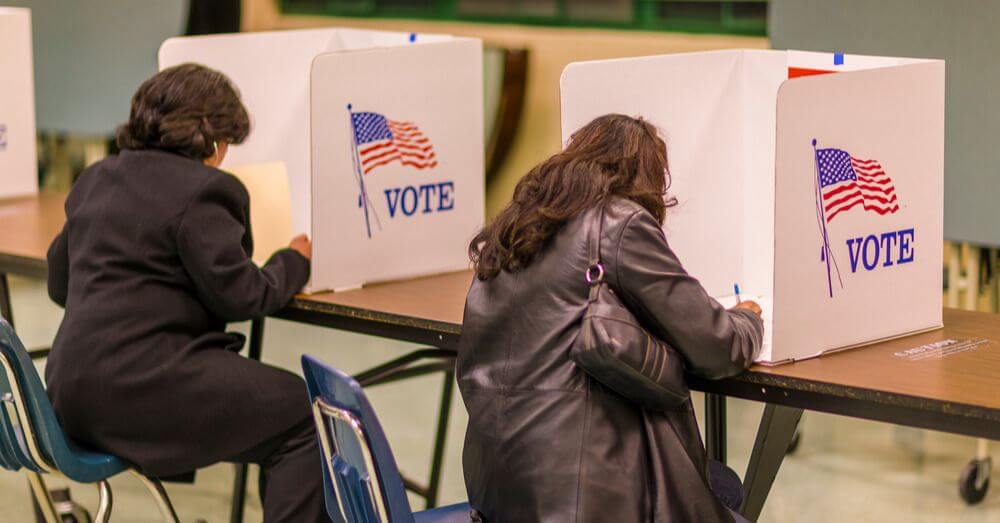
Pierce’s work as the cofounder of Block.one has come back to haunt him
Brock Pierce turned heads when he announced that he was running for president. The former child actor, who is now known as co-founder of the Tether cryptocurrency and the Block.one blockchain solutions company had built his presidential candidacy around technology.
However, his bid for the presidential seat has left him vulnerable, not just to critiques of his campaign platform, but also to attacks on his capacity to create a blockchain platform, EOS.
As he was shaking hands at a campaign rally that marked the opening of his headquarters in New York City, Pierce was served a court summons by a masked bystander.
The CEO of Typhon Capital Management, James Koutoulas, later tweeted to confirm that his team was responsible for serving the court summons.
“Our team served @brockpierce for securities fraud at his rally in NYC. Pro tip- when you’re trying to avoid getting served for a multi B fraud case, maybe lay off outlandish presidential campaigns” the tweet read.
“As we Progress in holding this conman accountable, feel free to reach out if you lost money after buying eos in the ICO or on exchange” he added in a subtweet.
“Brock had refused to accept service from us through his counsel so we had a process server serve him at a rally for his presidential campaign.” Koutoulas explained to online media outlet Decrypt.
The server formally notified Pierce of a class action that was filed in federal court this May, on behalf of anyone who ever purchased or received EOS tokens between June 2017 and the current date.
“The lawsuit alleges breach of fiduciary duty and unjust enrichment by defendants, who comprise both current and former company executives.” a press release by PRNewswire explained.
Aside from Pierce, the class action lawsuit also named other Block.one co-founders Brendan Blumer and Daniel Larimer, as well as their colleague Ian Grigg.
The complaint claims that Block.one, which is responsible for the EOS blockchain, did not register the EOS token sale with the US Securities and Exchange Commission. The sale raised approximately $4 billion in Ether.
The complaint also claims that the defendants were not transparent about their operations with their investors and that they did not reveal that they were being investigated by the SEC, which settled a complaint with Block.one for $24 million.
Block.one was set up in 2017 and operates in both Virginia and Hong Kong. However, it is registered in the Cayman Islands.

